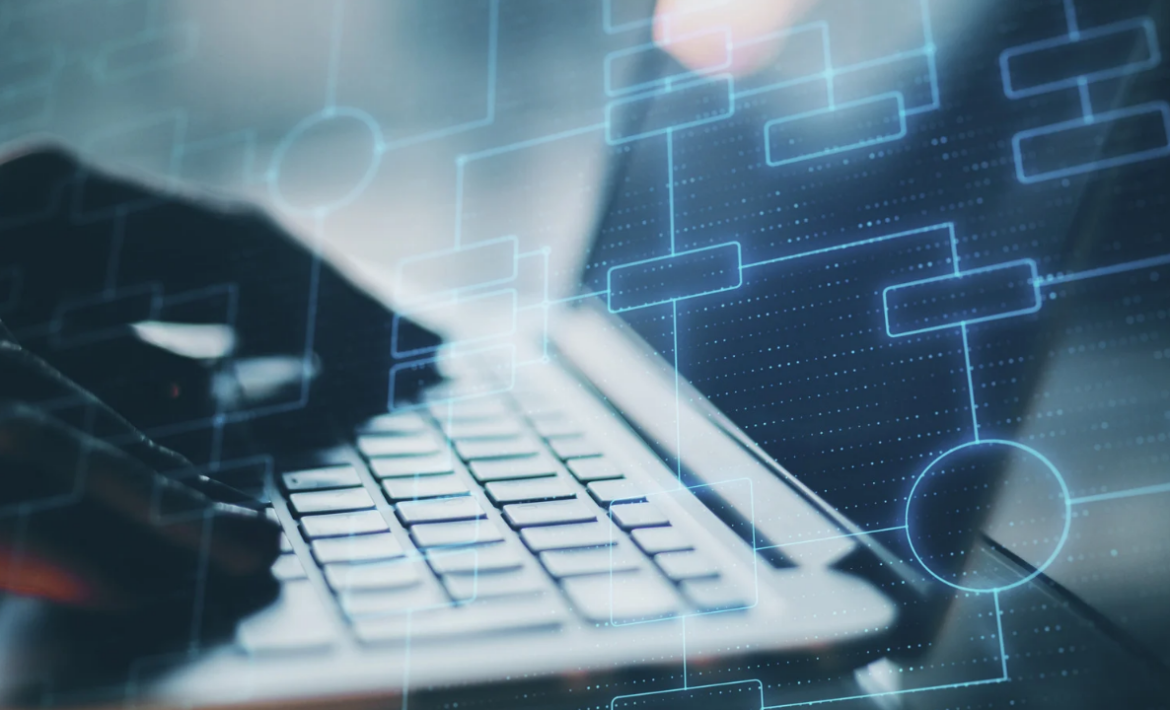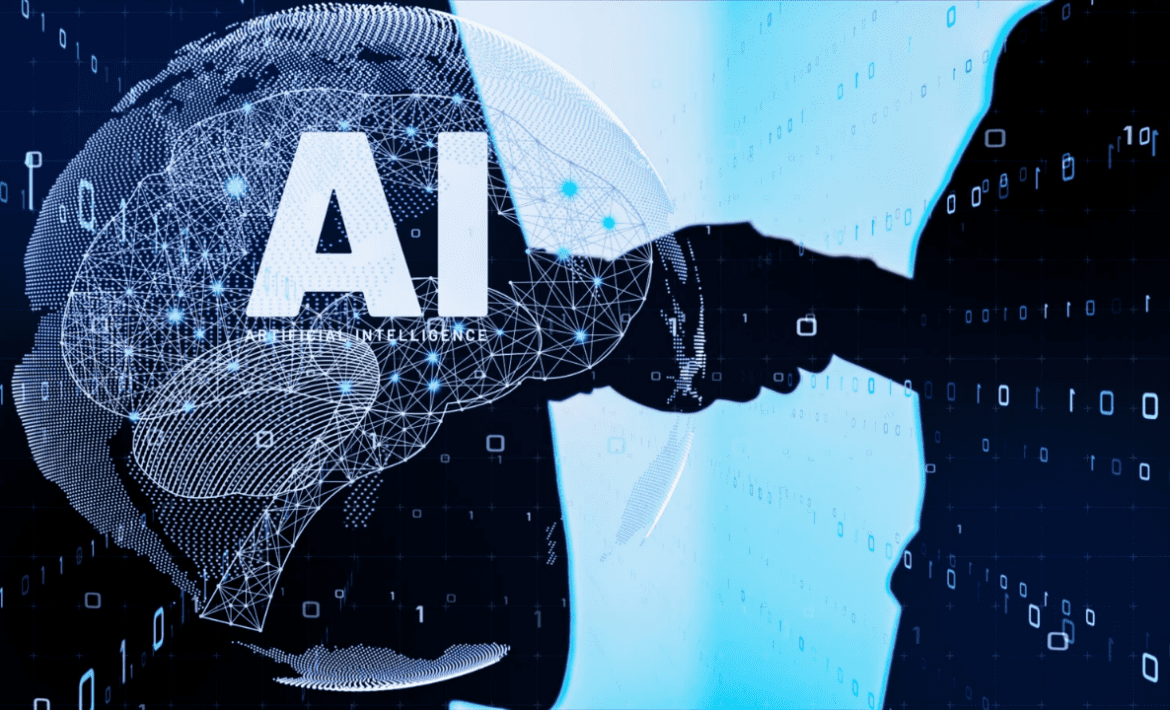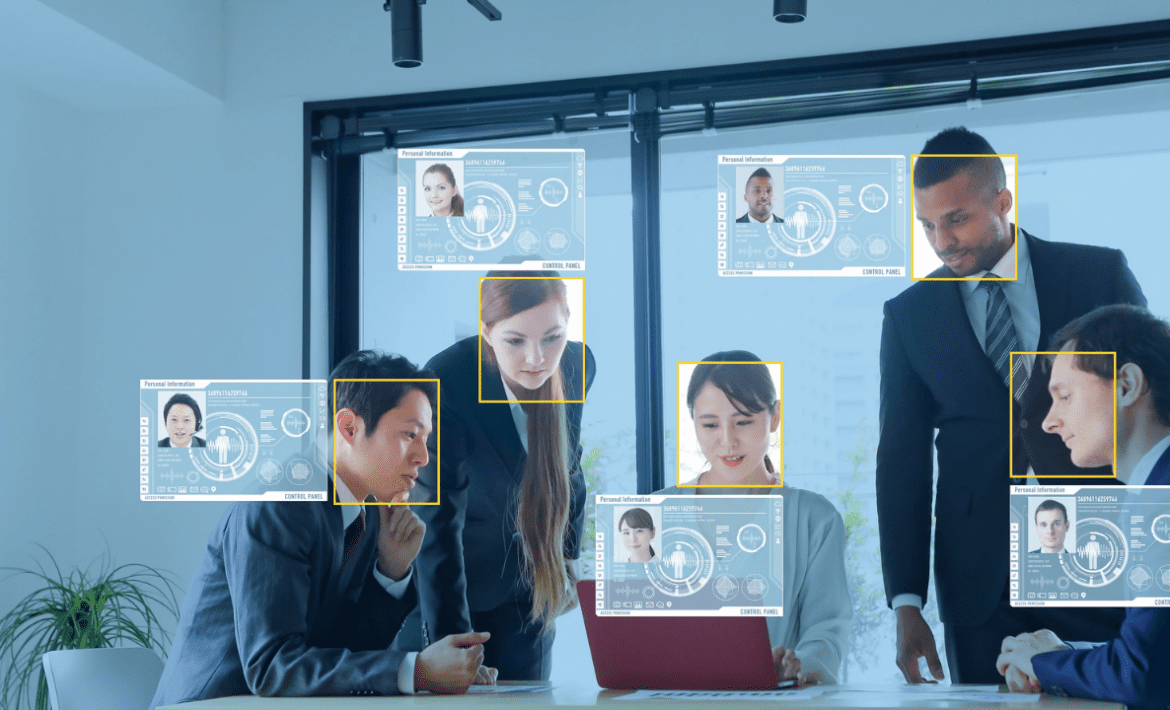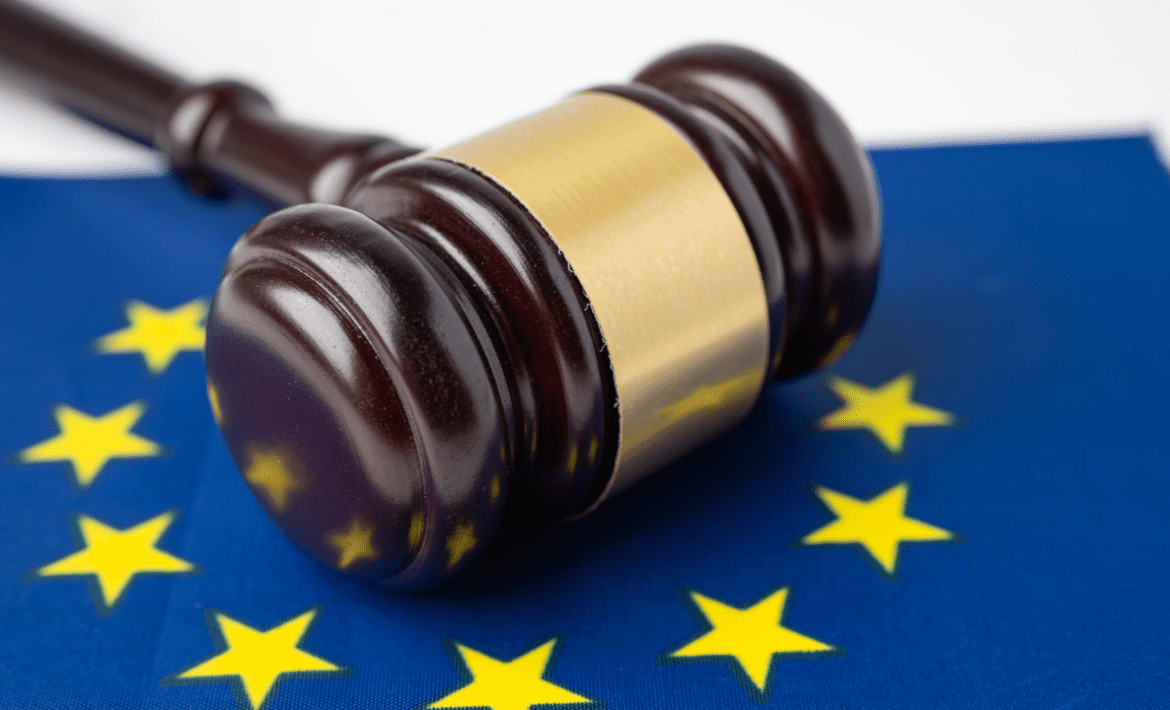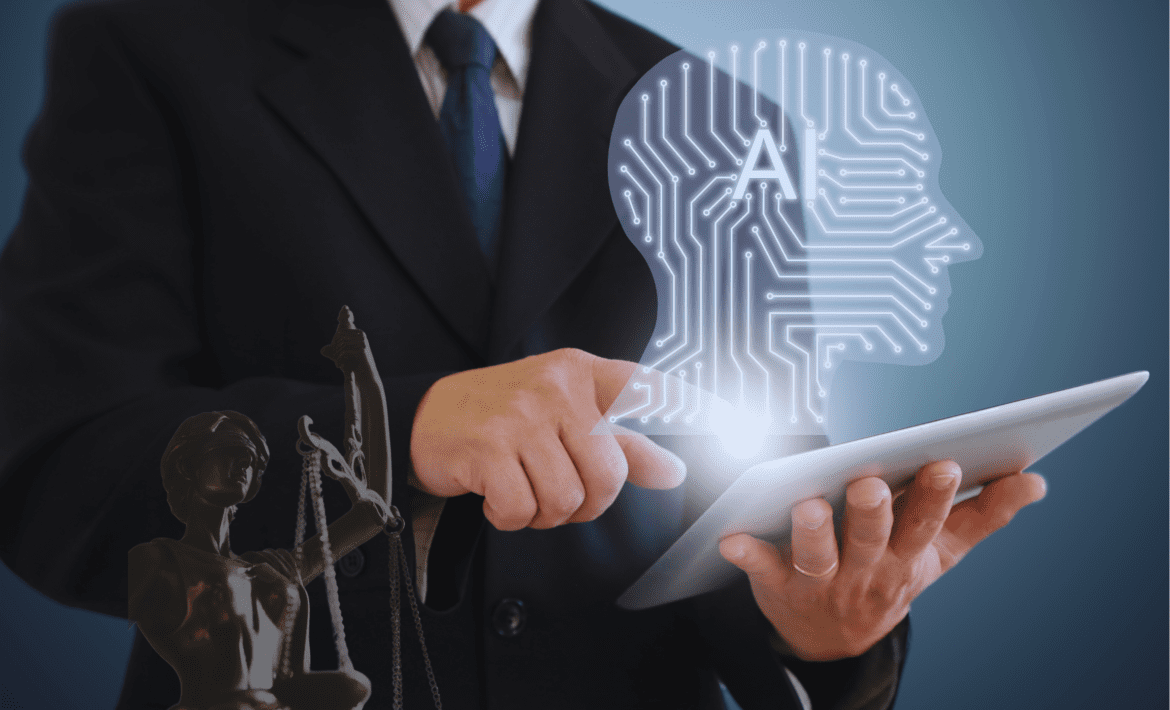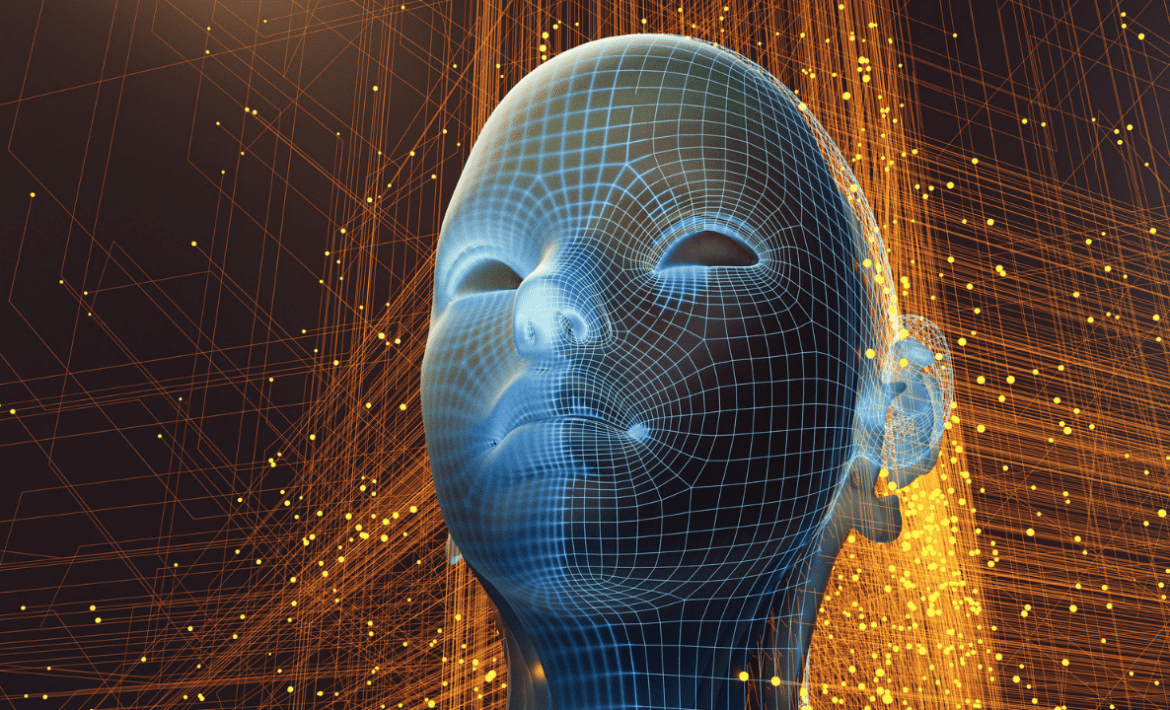Dutch DPA Calls for Stronger Business Oversight of Algorithms and AI Use
The Dutch Data Protection Authority identifies significant gaps in business awareness and control over algorithmic personal data processing. The Dutch Data Protection Authority (Autoriteit Persoonsgegevens, or AP) has identified a significant gap in the Dutch business community’s preparedness for dealing with algorithms and AI systems that process personal data. According to a survey of 1,600


